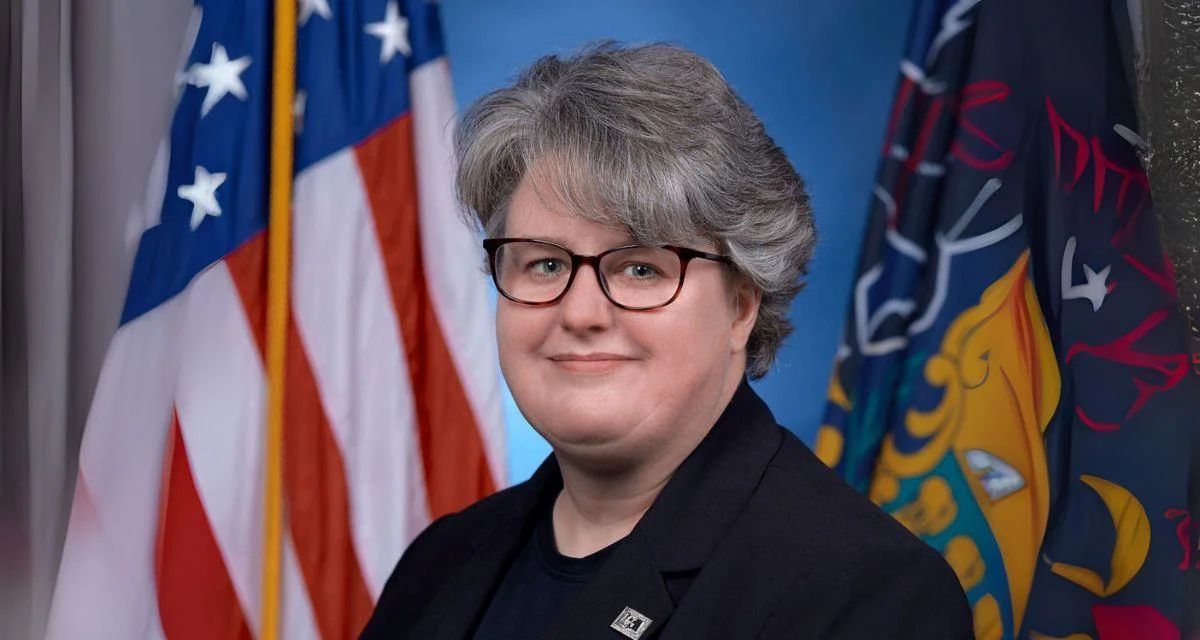
Emily Tate Sullivan Senior Reporter | EdSurge Research
Recent studies highlight a critical issue affecting elementary education: the inadequate preparation of teachers in mathematical instruction. The National Council on Teacher Quality (NCTQ) has released a report pointing to insufficient math instruction in teacher preparation programs, claiming these programs often fail to arm teachers with the necessary skills to effectively teach math. Heather Peske, president of NCTQ, articulates the problem: "Inadequate instruction undermines students' attempts to learn math before they even enter the classroom."
The report reveals that only one in eight teacher preparation programs offer sufficient time for learning math content, with graduate programs showing the most significant shortcomings. According to the study, "84 percent of the graduate programs preparing elementary school teachers for math" received a failing grade, providing less than one course credit on foundational math content.
Elementary educators face the challenge of being generalists, requiring proficiency in multiple subjects, not solely math. Cody Patterson from Texas State University notes that potential teachers often enter programs with limited views on mathematics, suggesting the solution involves integrating math content and teaching strategies.
Yasemin Copur-Gencturk from the University of Southern California further argues for a nuanced approach: "Knowing something for yourself isn’t the same as knowing how to transfer that knowledge to students, which is more complex." She emphasizes that understanding students' common struggles in math is vital to effective teaching.
The NCTQ report proposes programs dedicate 150 instructional hours to math content and pedagogy, potentially including math content tests. However, Copur-Gencturk and others highlight the necessity of a more integrated approach, combining math content with pedagogy for improved teaching outcomes.
Both Copur-Gencturk and Patterson agree on the importance of blending pedagogy with content knowledge, fostering a better understanding and practical application in the classroom. The current educational system, they argue, often fails to connect math concepts to real-world applications, contributing to widespread math anxiety.
To address these challenges, experts suggest a comprehensive approach, enhancing teacher preparation by combining improved instruction with better working conditions and higher salaries. This could incentivize more in-depth learning and break the cycle of math anxiety and avoidance prevalent among teachers and students alike.





 Alerts Sign-up
Alerts Sign-up